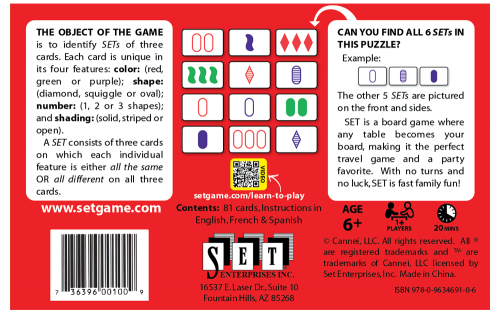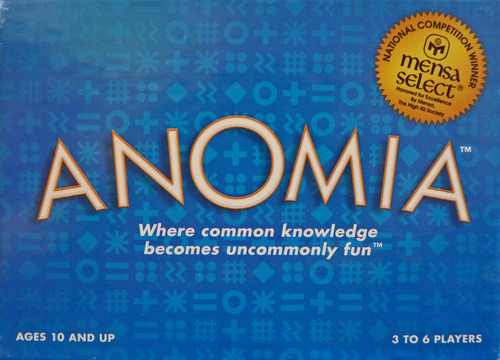Although your categorization of what constitutes luck is non-standard, I understand perfectly the point you are making regarding first player advantage.
It is possible, and I designed a set of games, [M], which, for certain types of symmetrical configurations, eliminates turn-based advantage, and relies on symmetry breaking.
CONTEXT
For context, symmetry-breaking is a phenomena observed in nature, but, like everything in nature, is related to combinatorics. Most of the thinking on this subject in relation to games will be found in Combinatorial Game Theory (CGT), and combinatorics is at the root of all games discussed on this Stack.
Here are a few articles I found on the subject, to demonstrate I am not alone in pursuing this idea in relation to Game Theory and CGT:
Breaking Symmetry (combinatorial games)
Explaining Diversity: Symmetry-Breaking in Complementarity Games
Symmetry-Breaking in two-player games via strategic substitutes and diagonal nonconcavity: A synthesis
Excerpt from Modern Principles of Economic Mechanics Vol. 1
The underlying problem with combinatorial games (all games are combinatorial;) is that the underlying mathematics are unforgiving: a set of mechanics is either too imbalanced, always resulting in a win for the advantaged player, or too balanced, always resulting in stalemate.
In deterministic games (those which involve no elements of chance such as card shuffling or random number generation, commonly dice) complexity becomes a balancing factor. Chess may have a built-in advantage for the starting player, but has sufficient complexity that the second player may still engineer a win. Complexity partly subjective in that it relates to the tractability of a problem. Games such as chess, which are intractable to the strongest human players, are regarded as non-trivial, but for a 5 year-old, tic-tac-toe is distinctly non-trivial. Tic-tac-toe contains a non-symmetric element in the odd-order (3x3) gameboard, but nevertheless always results in a draw if the game has become tractable to both players. Unlike 8x8 chess, the less symmetrical tic-tac-toe provides no inherent advantage to the starting player where the game is tractable to the participants
SYMMETRY BREAKING IN EVEN-ORDER [M]
In the set of games [M] restricted to 2 players, symmetric grid configurations where n is even n^2(n^2), n^3(n^3), ..., n^2(m^2), ..., allow the second player to draw a stalemate by simply mirroring the placements of the starting player. This is because in such configuration there are an even number of turns and board positions.
However, if the starting player is perceived by the second player to have made a sub-optimal placement, the second player may change their mirroring strategy an attempt to engineer a victory.
In this model, there is no inherent advantage for the starting player. Neither is there an advantage for the second player where the configuration is non-trivial because, while the onus is on the starting player to place optimally, where the gametree is intractable, there is no guarantee that the second player's assessment of a move as suboptimal is correct.
Thus, even-order [M] is solved to infinity in that the second player can always draw a stalemate, it is not solved in the context of objective optimality of a given move over the course of the game, particularly in that the [M] placement constraints, drawn from Sudoku, allow for unpredictable patterns to emerge than can yield advantage if exploited. ([M] has similar emergent complexity to Chess and Go, with less rules and no special conditions.)
This principle may be extended to [M] with any even number of players (2,4,6,...), and becomes more interesting in that only even players (P2, P4, P6, ...) can break the board symmetry, where odd players (P1, P3, P5, ...) do not have this option.
Where is really gets interesting is in even-order [M] with an odd number of players, where number of players is a factor of total board positions, for instance as 3P|2^2(3^2) which yields 36 board positions and 12 placements for each of the three players.
In a configuration like 3P|2^2(3^2), the initiative for symmetry breaking cycles between players, still always on an even-numbered turn, but now all players cycle between odd and even numbered turns:
01: P1
02: P2 (initiative)
03: P3
04: P1 (initiative)
05: P2
06: P3 (initiative)
07: P1
08: P2 (initiative)
09: P3
10: P1 (initiative)
11: P2
12: P3 (initiative)
You'll notice that over 12 turns, 1/3 of the game, each player has the initiative an equal number of times. (This configuration is distinct from even-order configuration with an even number of players because the game cannot result in a stalemate.)

